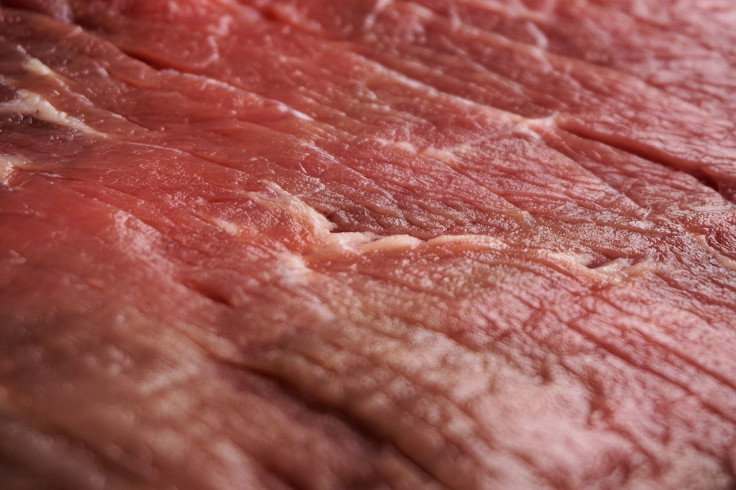Rising Cancer Rates 2017: Why Young People Are Getting Colon And Rectal Cancer More Often

Young and middle-aged people today have a lot in common with people born in 1890 — specifically when it comes to colon cancer.
Even though a person’s age-related risk for developing colon and rectal cancer decreased in the first half of the 1900s, for the current younger generations it has “escalated back to the level of those born in the late 1800s,” according to a study in the Journal of the National Cancer Institute. “The proportion of rectal cancer diagnosed in adults younger than age 55 years has doubled in just two decades.” The researchers called for expanding screening for the disease earlier in life.
Read: Stop Squirting Water Up Your Rear for “Colon Cleanses”
The study relied on rates of colorectal cancer among almost 500,000 people between 1974 and 2013. Overall diagnoses of the disease are going down, but it’s mostly younger people who are seeing a change — risks have increased for people between 20 and 54 years old in recent decades. People born around 1990 have “double the risk of colon cancer and quadruple the risk of rectal cancer” compared to those born around 1950.
“Trends in young people are a bellwether for the future disease burden,” the American Cancer Society’s Rebecca Siegel said in a statement from that organization. “Our finding that colorectal cancer risk for millennials has escalated back to the level of those born in the late 1800s is very sobering.”
The study offers an explanation for the changing trends: diet and exercise.
“Lifestyle factors associated with [colon and rectal cancer] include excess body weight, high consumption of processed meat and alcohol, low levels of physical activity and fiber consumption, and cigarette smoking,” the study lists. Although fewer people are smoking, “the timing of the obesity epidemic parallels the rise in [colorectal cancer].”
Signs of colon cancer include rectal bleeding, pain in the abdomen, fatigue, weight loss, an incomplete feeling after pooping or a change in bowel habits.
The American Cancer Society recommends lowering your risk of colon cancer by eating lots of fruits, vegetables and grains, cutting down on red meat and processed foods, exercising and limiting how much alcohol you drink.
Source: Siegel RL, Fedewa SA, Anderson WF, Miller KD, Rosenberg PS and Jemal A. Colorectal Cancer Incidence Patterns in the United States, 1974–2013. Journal of the National Cancer Institute. 2017.
See also:



























